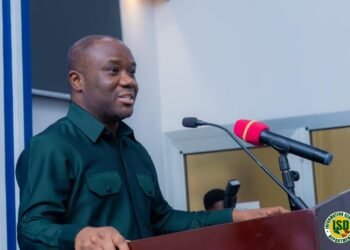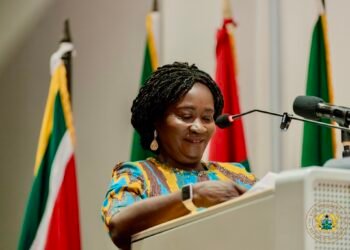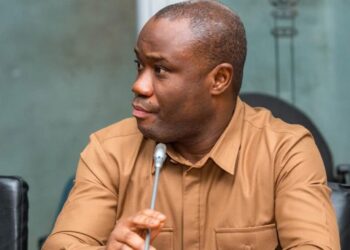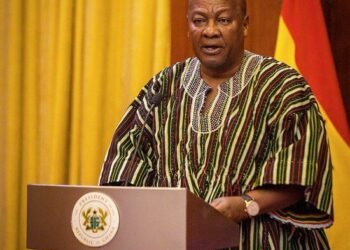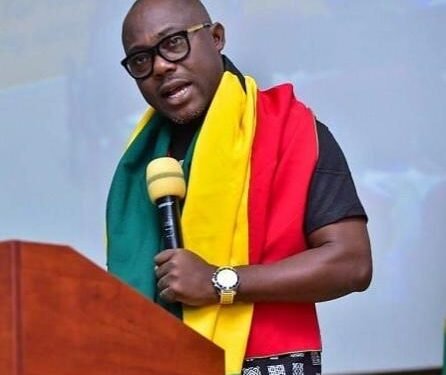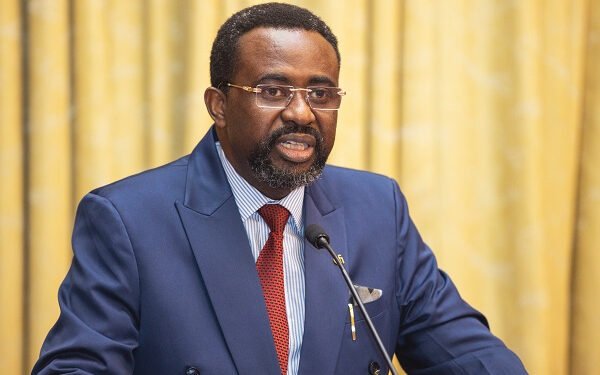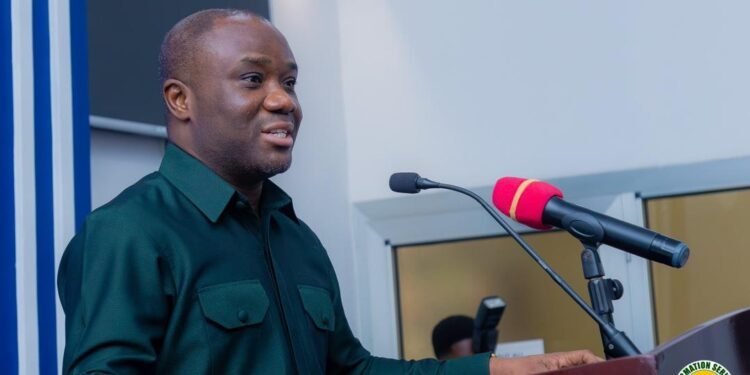Hamza Suhuyini, lawyer and member of the National Democratic Congress (NDC) Communications team, has clarified that the matter before the Supreme Court challenging Wesley Girls’ Senior High School over alleged restrictions on Islamic practice, is rooted firmly in constitutional interpretation rather than a clash between Islam and Christianity.
His position, delivered through a series of statements, countered the growing public impression that the case represents a religious confrontation, stressing that the central legal question concerns whether the actions of the school “infringe on the 1992 Constitution and the fundamental human rights guaranteed to students.”
Suhuyini explained that the broader public conversation often strayed into religious framing due to the identities of those involved, though the case itself has a different foundation. “This is not a contest between Islam and Christianity. The premise of the case is not religion,” he remarked.
“If you approach it with sensationalism, you are likely to conclude that the premise is religion, but in truth, the premise of the case is simply on fundamental human rights and interpretation of our laws”
Hamza Suhuyini, Lawyer and NDC Communications Team Member
Adding to his warning that commentary influenced by emotion risked distorting the context of the case, he reiterated that the issue remained one of rights, not belief systems, and that the legal team is acting strictly within the constitutional space.
Suhuyini pointed out that public concern on the issue reflects a pattern in national debates involving mission schools, where “religious backgrounds often overshadow constitutional discussion,” leading to unnecessary divisions. However he added that when the Supreme Court determines whether mission schools are public institutions, the government of the day will honour the ruling.

He observed that the court must determine whether it is unconstitutional for Wesley Girls’ SHS to restrict Muslim students from practising their faith, and whether students have a right to freely observe their religion in any secondary school across the country.
His repeated assertion that the foundation of the case is the Constitution served as a reminder that the matter transcends doctrinal disagreements. “Religion is just a subset. We are in court simply based on the 1992 Constitution, and that point needs to be made strongly,” he emphasised.
This clarification shaped his appeal to commentators and the general public to avoid presenting the issue as a battle between Christian and Muslim communities, stressing that such framing distorts what is fundamentally a legal process.
National Implications
The ongoing debate intensified after the Supreme Court directed Wesley Girls’ SHS to officially respond to allegations contained in a suit filed by private legal practitioner Shafic Osman, who claims the school prevents Muslim students from practising aspects of their faith.
This directive forms part of the procedural steps before the substantive arguments are taken up by the court. In engaging the public on the matter, Suhuyini explained that the position that the heart of the case lies in determining the constitutionality of the school’s actions.
He emphasised Ghana’s “tradition of religious coexistence,” and pointed to interfaith marriages as an example of the deep social harmony that binds communities. He urged citizens to uphold peace and rely on constitutional protections whenever such tensions arise.
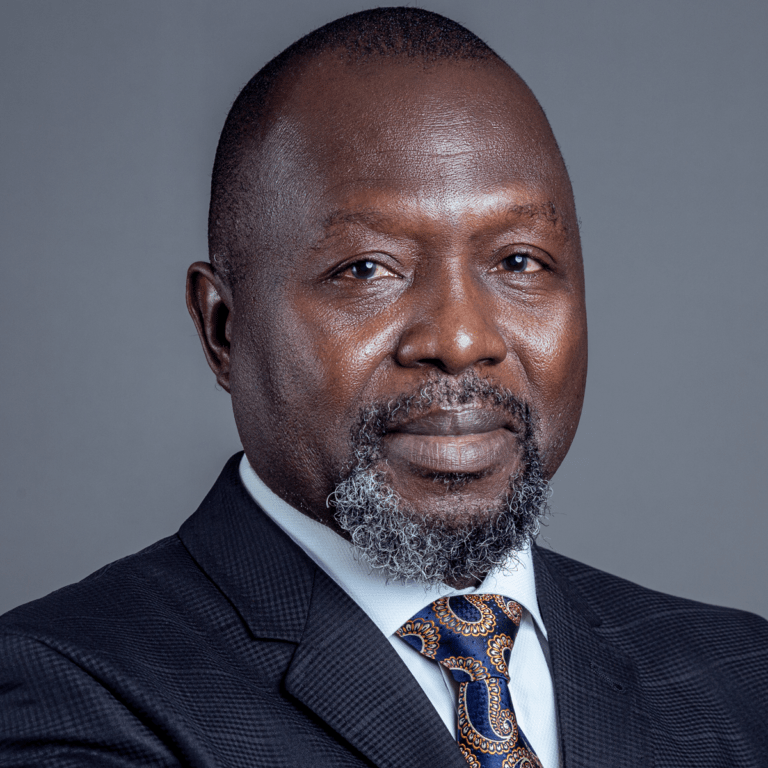
Hamza Suhuyini also referenced the Attorney General’s involvement, which seeks to justify the school’s actions, adding that “what the Attorney General has done is give this country a golden opportunity to settle this matter once and for all.” To him, this moment presents a chance for clarity on the extent to which mission schools operating with government support must adhere to constitutional guidelines on religious freedom.
Suhuyini also disclosed that support for the case extends beyond the Muslim community, as he recounted support from Christians who were concerned about the implications of the alleged restrictions, insisting that the matter is not a faith-based struggle.
“I have received calls from pastors who feel strongly that what is happening at Wesley Girls, if true, should not be countenanced in our country. It is not just a crusade by Muslims.
“It is a crusade being championed by well-meaning Ghanaians, including pastors, which shows the strength of the relationship between Muslims and Christians and our shared commitment to uphold constitutional principles above parochial religious interests”
Hamza Suhuyini, Lawyer and NDC Communications Team Member
The lawyer characterised it as a shared commitment to “uphold constitutional principles above parochial interests.”
He concluded by reiterating that the central issue is protecting students’ rights to practise their preferred religion. “The premise of the case is not religious; the real issue before the court is our fundamental human rights,” he remarked.

His comments reinforced the message that the debate should remain grounded in law, not sentiment, as the Supreme Court prepares to examine the substance of the challenge.
READ ALSO: GNASSM Refutes Claims of Illegally Mining New Bogoso South Pit




